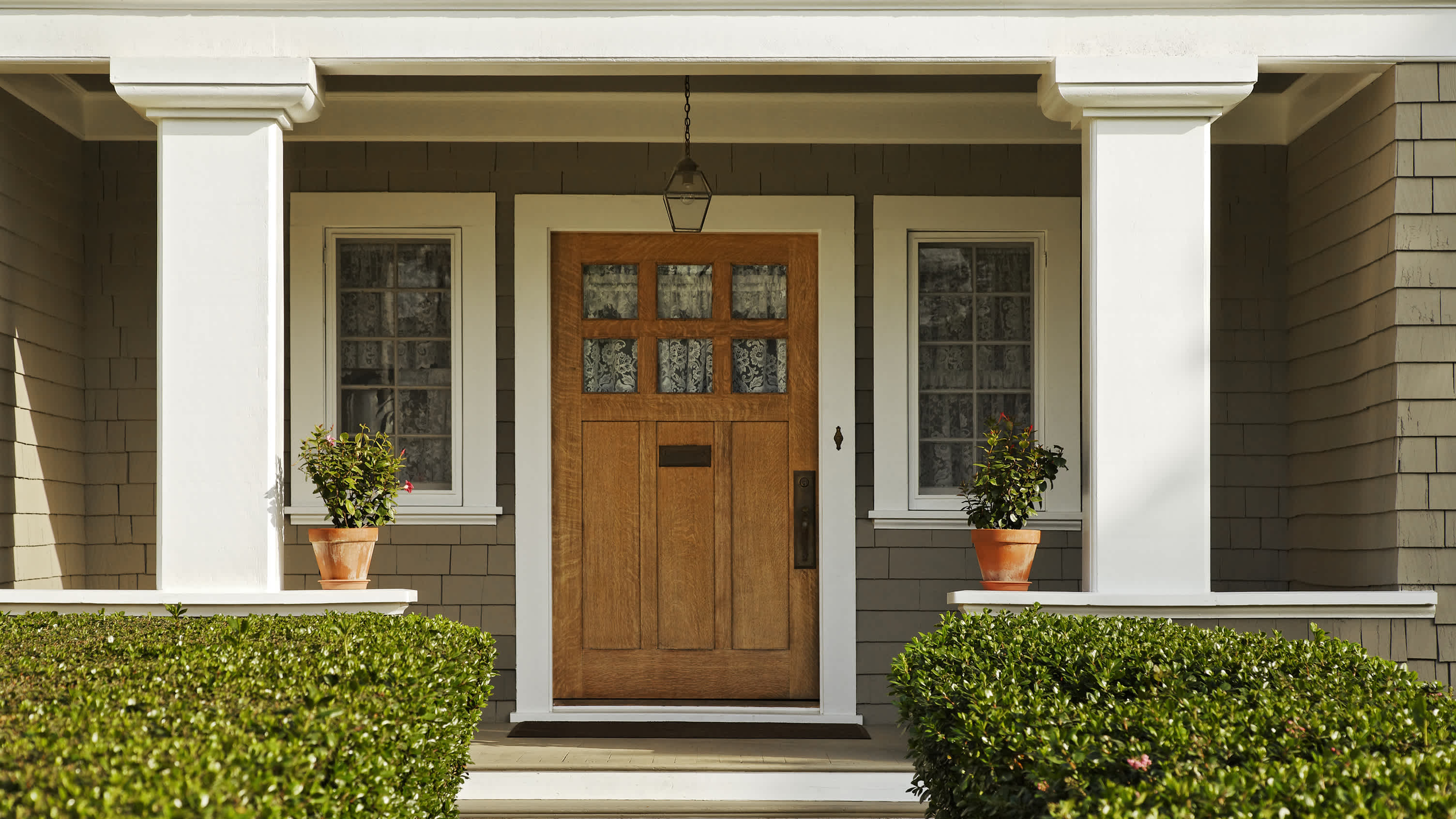A new breed of startups has emerged to help homebuyers who need financing compete in a housing market where all-cash buyers have a big speed advantage.
Companies like Orchard and Flyhomes promise rapid financing so homebuyers can compete with all-cash offers, which can often be more attractive to sellers because they’re faster and don’t require dealing with a bank.
It’s increasingly necessary for buyers to have an edge in hot housing markets. Here�’s what to know before using one of these services.
How all-cash startups work
Some of these companies, like Orchard, allow you to use the equity from your existing home to make an all-cash offer on a new home. Flyhomes gives buyers a short-term loan allowing them to make an all-cash offer, which is paid back with by taking out a traditional mortgage. Other companies buy the home on your behalf and then sell it back to you.
“With Orchard, not only are you able to make non-contingent offers, but we also empower you to become a cash buyer,” a spokesperson for the company said in an email sent to Easy Money. “Cash offers are four times more likely to be accepted by the home sellers.”
Companies like this typically take a percentage of the purchase price as a fee. Flyhomes charges up to 3% of the loan amount in addition to other minor fees. Orchard takes a 6% fee equal to the sale price of your home (similar to a traditional agent fee). There's no additional fee for purchasing a new home.
Ryan Dibble, chief operating officer for Flyhomes, says users ultimately save more than the fee because many sellers accept cash offers over financed bids, even if the cash bids aren’t as high.
“More than 50% of Flyhomes clients win when they aren’t the highest offer and save more than 3% on the price of the home,” Dibble says. “For our average client, that is $20,000 to $30,000 of savings on the purchase price.”
Should you use an all-cash startup?
The first question is: Do you qualify? These companies are offering to lend you a lot of money in a short time frame, so your finances, including your income and credit, have to meet a certain standard.
The second question is: How long do you plan to live in the house? If you’re planning to stay for less than five years, the fees will probably outweigh any increase in home values, says Grant Maddox, a certified financial planner.
“The longer you hold your new home, the more time your home has to appreciate in value, and you have a longer time to spread out all the costs you incur when buying and selling a home,” Maddox says. “The average fees for ‘all cash offer’ start ups may be close to 3%, almost erasing your expected first-year value increase.”
Just as you would with a traditional mortgage, make sure you can afford the long-term costs. These companies will allow you to compete with other buyers, but you still have to make sure you can actually afford things like the mortgage, home insurance, property taxes, and repairs. Read the terms carefully on any agreement to borrow money — a traditional mortgage may take longer to execute than a loan from an all-cash startup, but the terms may be more affordable.
Because of how fast homes are going, it can be tempting to skip steps like home inspections and appraisals to make your offer more competitive. Think carefully before doing this. A proper home inspection or appraisal can ensure that you’re not paying more for a home than it’s worth.
What’s the alternative to all-cash offers?
Some lenders have responded to the need for speed in the homebuying process by offering up-front underwriting.
In the traditional mortgage process, lenders conduct credit checks, verify your income, and other due diligence after you’ve identified a home and made an offer, so they know what exactly you’re borrowing the money for. Homebuyers can get a pre-approval that shows a lender is willing to lend them a certain amount of money, but from a buyer’s perspective, that still doesn’t beat cash in hand, since the mortgage still has to go through underwriting.
In response, some lenders, are doing the underwriting ahead of time for buyers so there are fewer steps left when it’s time to make an offer. This way, buyers can show sellers a letter showing the lender is committed to providing financing quickly.
Chris Diodato, a certified financial planner and founder of Wellth Financial Planning, is looking for a home in Florida and is considering using one such program from North American Savings Bank.
“[When you’re making the offer], you’ve gone through the whole underwriting process so the only thing left is the title work and the appraisal,” Diodato says.
Unlike using one of the all-cash startups mentioned earlier, there’s typically no fee to go through this process, though you’ll have to qualify like you would for any other mortgage (and pay interest). However, this service isn’t available everywhere, so you’ll have to talk to your lender about what it offers.
Correction, Sept. 30, 2021: This article has been updated to clarify Orchard's fee structure.
Image: DPproductions / Getty Images

